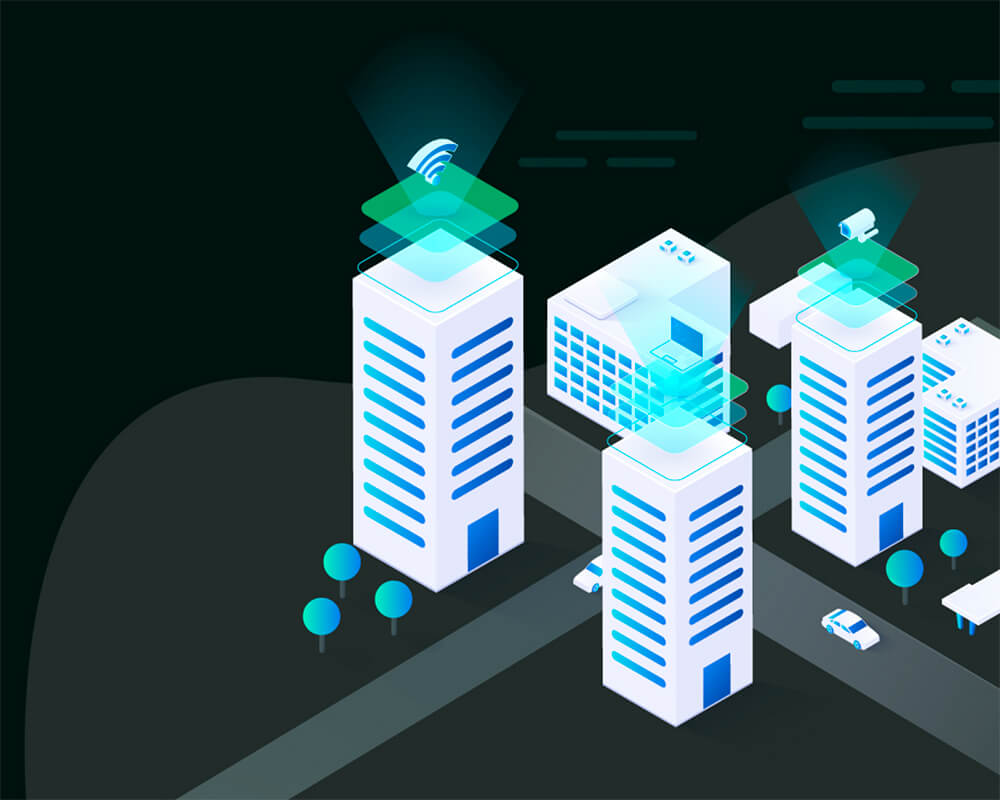Protecting Multi-Dwelling Unit Internet Data Flow Through Robust Cryptographic Protocols for Protect User Confidentiality and Information Integrity
Protecting Multi-Dwelling Unit Internet Data Flow Through Robust Cryptographic Protocols for Protect User Confidentiality and Information Integrity
Blog Article
Within today’s digital landscape, securing internet data is more crucial than ever, especially in Multi-Unit Units (MDUs) such as apartment complexes and condo environments. These settings often have numerous residents utilizing the same web connection, which can result to potential safety risks. To ensure that residents' confidentiality and data security are maintained, it is vital to implement strong encryption protocols. Encryption is a technique that scrambles information, rendering it inaccessible to anyone who do not have the appropriate credentials to decode it. This procedure helps maintain personal data safe from cybercriminals and unauthorized access.
A of the most widely used coding standards is SSL Socket Layer (SSL) and its successor, TLS Security (TLS). These protocols establish a secure connection between a resident's system and the internet, ensuring that all information exchanged stays private. When tenants in an MDU access sites that employ SSL/TLS, their personal data, such as login credentials and credit card details, is secured. This means that even if someone attempts to capture the information, they would only see a jumble of letters and digits, rendering it almost impossible to understand. By encouraging the adoption of such standards, MDUs can significantly enhance the security of their tenants' internet actions.
Another important encryption technique is VPN Secure Network (VPN) technology. A VPN creates a secure pathway for web data, which safeguards individuals from invasive observers, particularly when using public Wi-Fi networks. In an MDU, where numerous tenants may connect to the same network, employing a VPN can help guarantee that individual web actions stay confidential. This is particularly crucial for activities including online transactions or retrieving confidential information. By promoting the use of VPNs among residents, MDUs can foster a more secure internet space and assist safeguard against information breaches.
In addition to these coding techniques, it is essential for MDUs to educate their tenants about the importance of cybersecurity. Numerous individuals may not be aware of the risks linked with utilizing shared internet services. Offering information on how to recognize scam efforts, the necessity of strong credentials, and the advantages of using encrypted sites can enable residents to assume charge of their online safety. Seminars or informational sessions can be beneficial ways to increase awareness and encourage best habits for internet safety.
Ultimately, MDUs should think about working with internet Learn More Here provider companies (ISPs) that prioritize security and provide advanced encryption features. By collaborating with ISPs that implement robust coding protocols, MDUs can ensure that their tenants have availability to protected internet services. This partnership can result to improved general safety for the entire complex, as well as enhanced trust among tenants. By implementing these steps, MDUs can establish a more secure online space, safeguarding resident privacy and information integrity in an increasingly interconnected world.